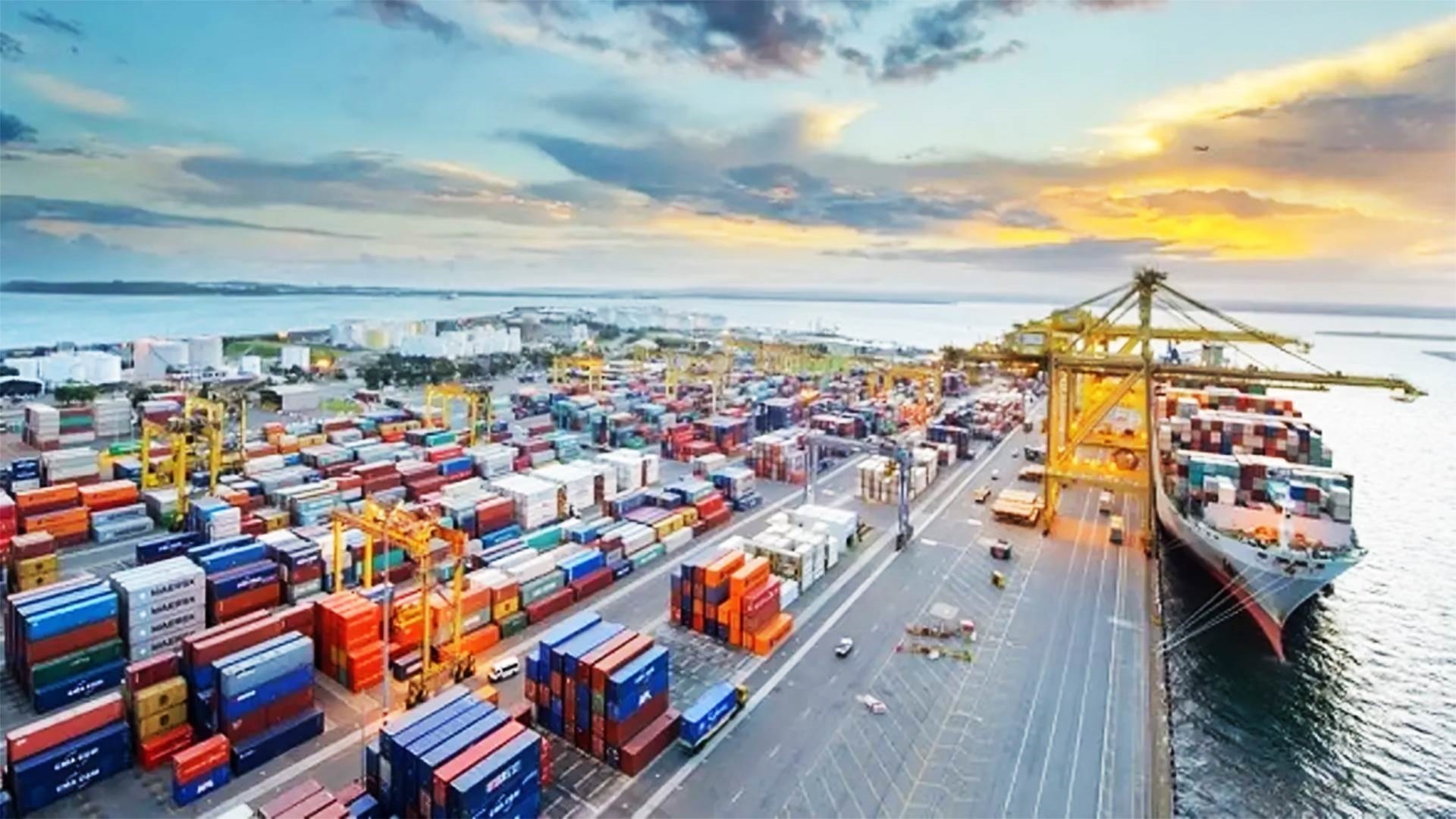How does climate change affect international trade?
Mai El-Kafoury/Mostafa Sayed

Climate change has become one of the most important issues, introducing extreme threats to the world, which have affected various aspects of life as there is no field that climate change doesn’t impact, and one of the most prominent files, which has been affected by climate change over the past years, is the issue of international trade.
International trade faces many challenges as a result of climate changes, which are affecting infrastructure such as ports and transport routes, as well as the production and consumption process and the difficult flow of goods. This has been documented by figures over the past year, with world trade falling by about 5% in 2023, compared to 2022, according to the United Nations Conference on Trade and Development report.
Given the most significant changes, which have had negative consequences for international trade, we find a clear impact on both land and maritime transport networks as a result of hurricanes, as well as floods that may cause higher costs of goods and cargo insurance, and weak agricultural production due to heat waves.
In addition to drought that has hit many parts of the world, most notably: Panama Canal, one of the world's most important trade corridors, where inadequate rainfall in Lake Gatton, which feeds the Canal, has reduced water levels, affecting the Canal's ability to accomodate ships and cargo.
Notwithstanding the climate implications, which do not differentiate between one State and another, when they affect developing countries, they have a significant impact compared to the rest of the countries, which is due to their weak infrastructure, lack of funding to cope with climate changes, as well as their poverty for climate adaptation mechanisms.
The most important solutions to reducing this lie in the direction of those States' policy to enhance their climate adaptation capacity, and the injection of more funds to support infrastructure, as well as international cooperation to provide climate finance, and Governments must work to stimulate the private sector and institutions to contribute to the creation of alternatives to reduce the negative effects of climate change on the international trade sector.







